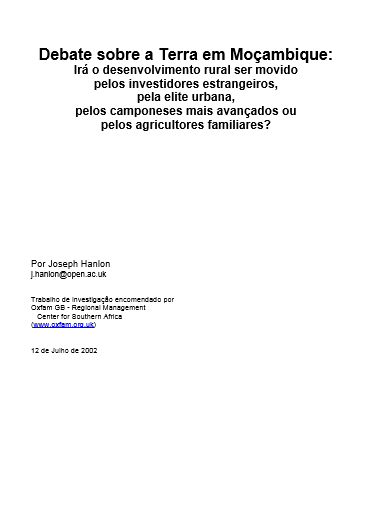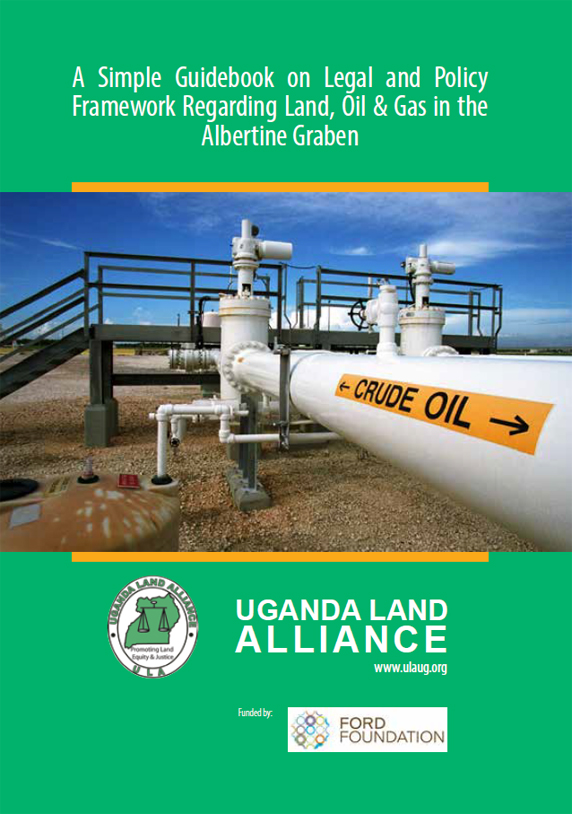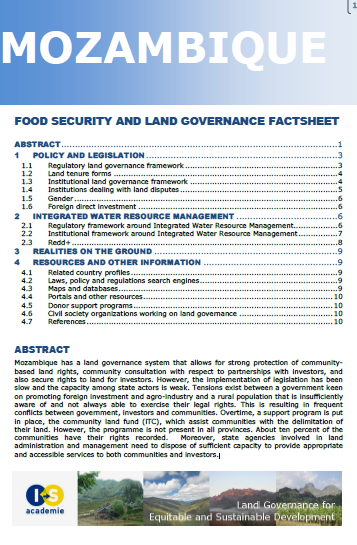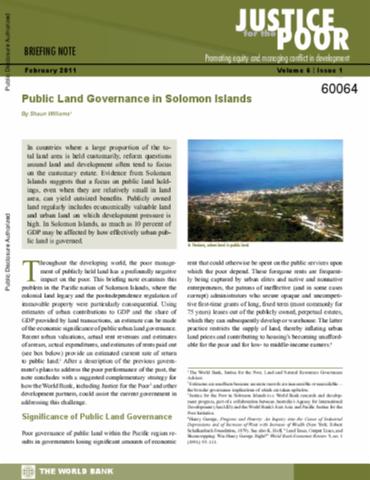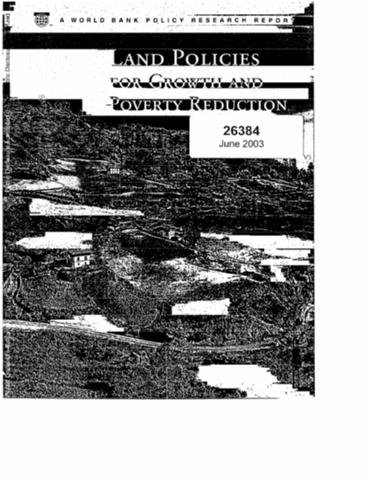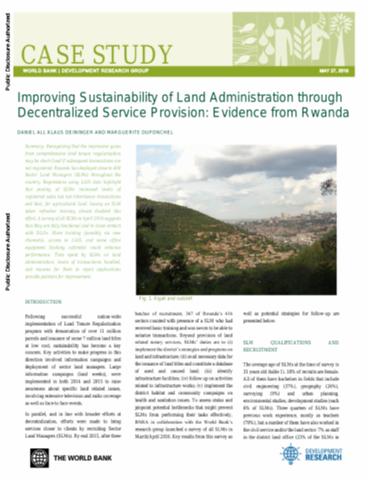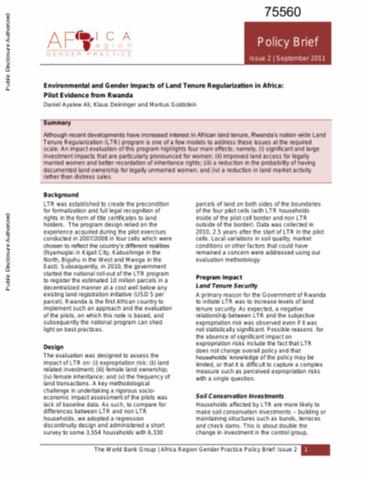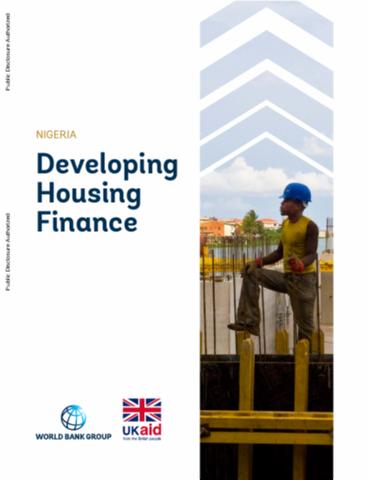Debate sobre a Terra em Moçambique
A terra volta a ser tema de debate em Moçambique, cinco anos após a aprovação de uma lei de terras na sequência de uma ampla consulta, naquele que foi um dos processos mais democráticos vividos no país nos anos 1990. A lei grangeou elogios por proteger os direitos dos camponeses e por criar, ao mesmo tempo, espaço para o investimento estrangeiro. O novo debate gira em redor de duas questões:

